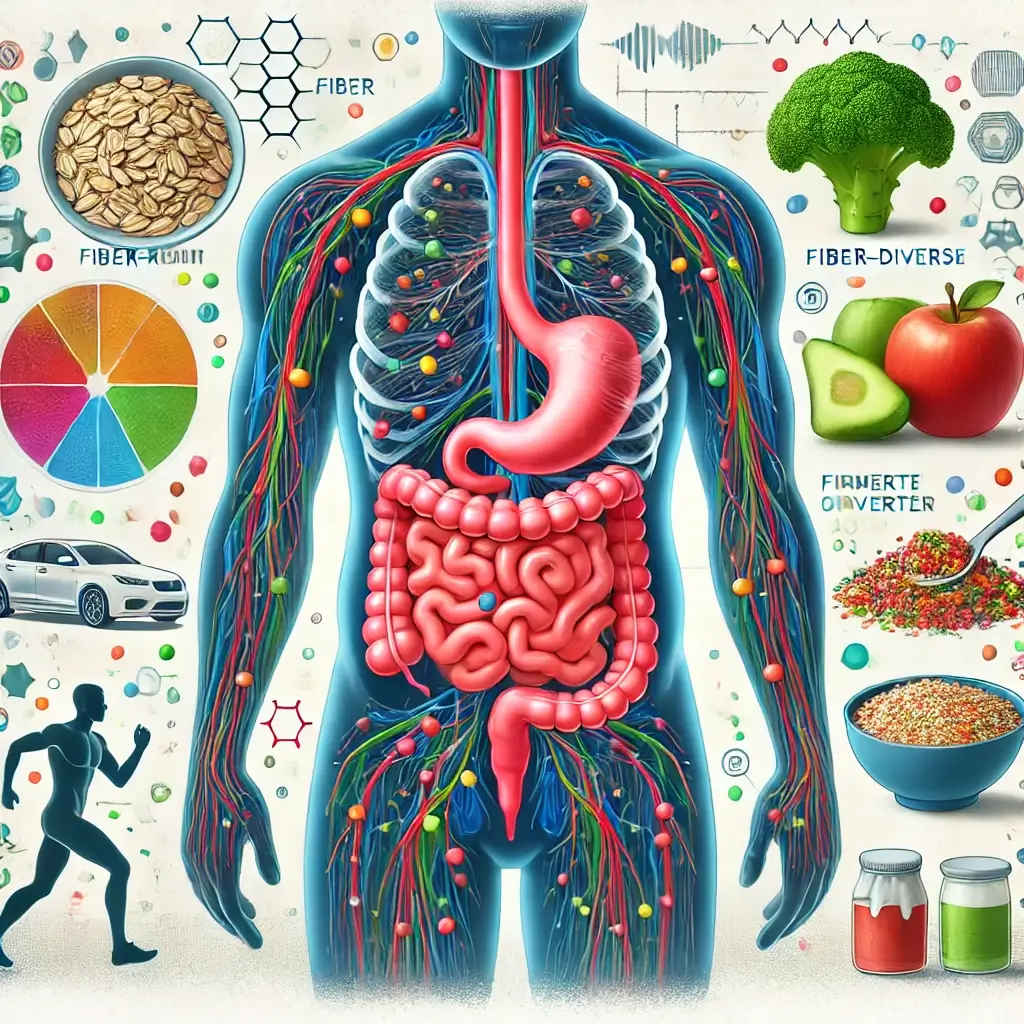Keeping a Detailed Diet Journal to Address Stomach Issues
Keeping a careful food diary can be a handy tool for identifying and treating gastrointestinal problems. Here’s how it can assist.
Identifying Food Triggers:
Identifying Causes: Specific meals, such as those associated with irritable bowel syndrome (IBS), can provoke stomach ailments. A food journal notes what you eat and how you feel afterward, allowing you to identify potential triggers that aggravate your symptoms.
Trial and error: Documenting your meals and any subsequent digestive troubles can help you experiment and uncover patterns. This trial-and-error strategy can help you remove or minimize harmful meals while improving overall gut health.
Understanding symptoms:
Beyond Food: Besides tracking food intake, a food diary allows you to note symptoms such as bloating, gas, indigestion, diarrhea, and constipation. This broader picture can help you and your doctor better understand the relationship between food and specific symptoms.
Tracking Patterns: You may notice patterns in your symptoms, such as a specific food consistently causing heartburn or gas after a few hours. This information helps you regulate your diet and avoid discomfort.
Effective Food Diary Practices:
Detailed entries: Record everything you eat and drink, including the ingredients, portion quantities, and cooking methods. The more detail you provide, the easier it will be to discover potential causes.
Timely Recording: It is critical to record your meals and beverages as closely as feasible to the time they are consumed. Memory can be inaccurate, so collecting details quickly assures accuracy.
Symptom Tracking: It is critical to properly monitor and log any stomach-related concerns that arise after consuming meals. This includes carefully watching and recording the precise sort of symptoms, their severity, and when they occur.
Tracking your post-meal stomach symptoms might provide useful information about potential food intolerances.
Tracking your post-meal stomach symptoms might provide useful information about potential food intolerances, sensitivities, or digestive issues. By recording the specific type of symptoms, such as bloating, abdominal pain, diarrhea, constipation, or nausea, you can begin to detect trends and potential trigger foods, as well as the extent to which they affect your comfort and well-being.
Furthermore, properly tracking the timing of when symptoms appear in connection to your meals will assist in identifying which foods may be to blame. Noting if the symptoms appear quickly, within a few hours, or even the next day might help narrow down the dietary factors.
Keeping a careful diary of your symptoms can also be helpful if you need to discuss your digestive health with a doctor.
The information you collect can help detect any underlying issues and advise proper therapy. Diligent symptom recording allows you to take an active role in understanding and managing your gastrointestinal health.
Additional Notes: Consider providing information about your stress level, sleep quality, and any drugs you take. These things can impact digestion.
Duration and Sharing:
Maintain for a While: Try to keep your food journal for at least a few weeks, preferably when you’re experiencing stomach problems. This extended span enables the identification of patterns and probable causes.
Doctor Discussion: Share your eating diary with your doctor. It provides vital insights into your eating patterns, allowing them to adapt therapy recommendations or dietary alterations to best manage your stomach difficulties.
Additional Tips:
Mobile Apps: Numerous apps are available for food journaling. These can be useful for tracking meals and symptoms and generating reports.
Consistency is key: The more you record your food consumption and symptoms, the more valuable the information will be for identifying triggers and controlling your disease.
Keeping a detailed food diary allows you to proactively understand your stomach troubles and develop a specific dietary plan that supports excellent gut health while reducing discomfort.
Remember, you should contact a doctor or certified dietitian to analyze your food diary data and develop a safe and effective strategy for dealing with your stomach troubles.













